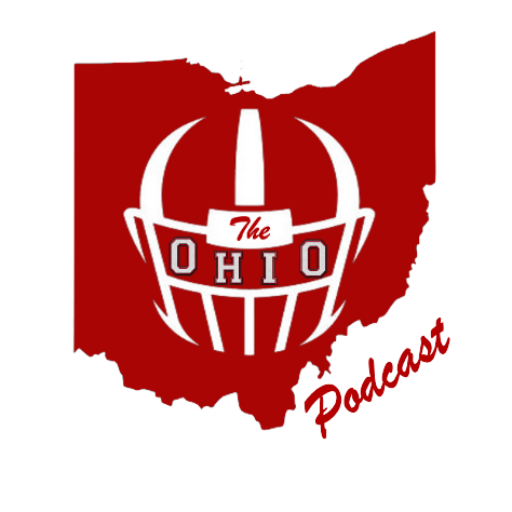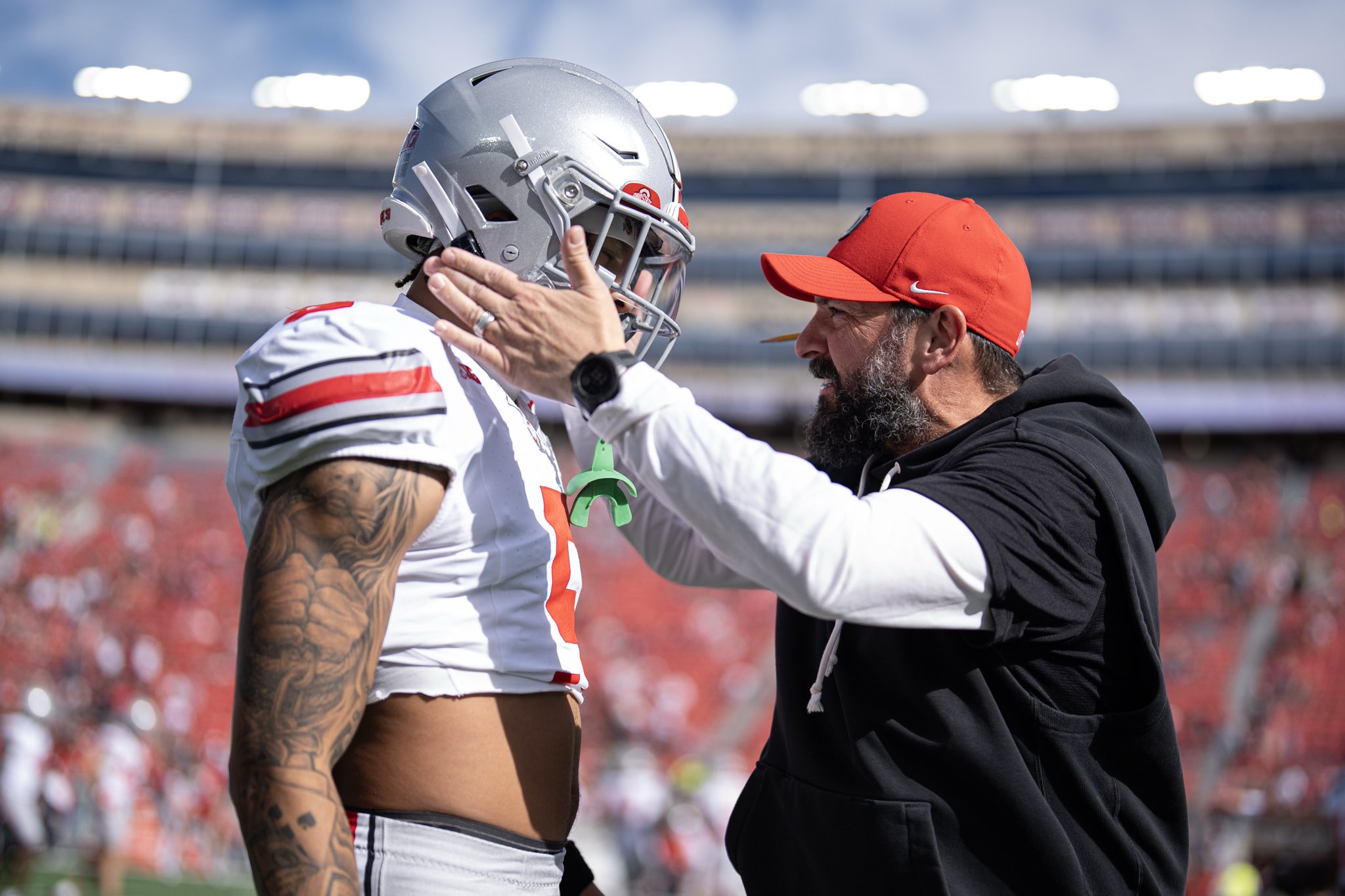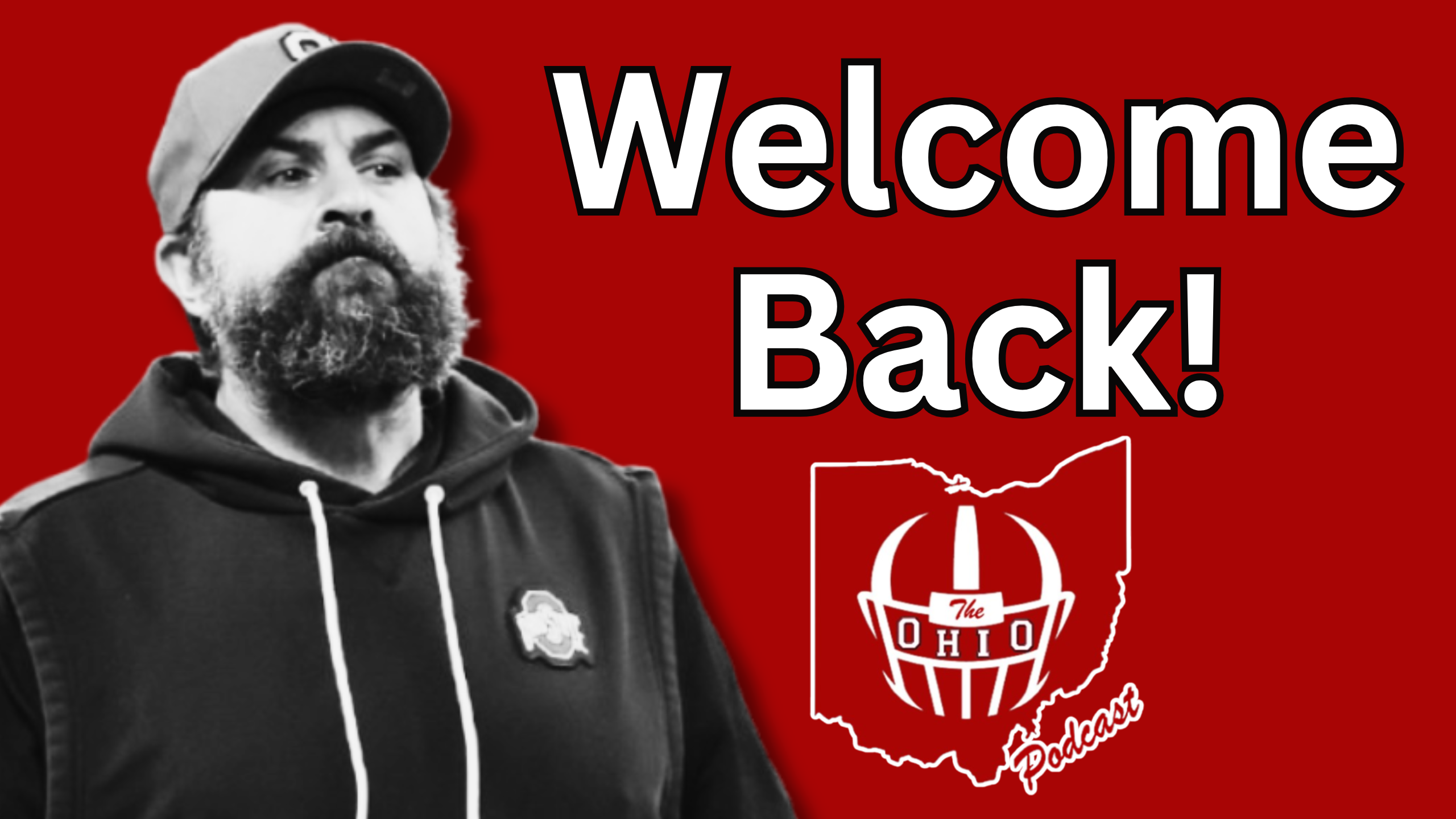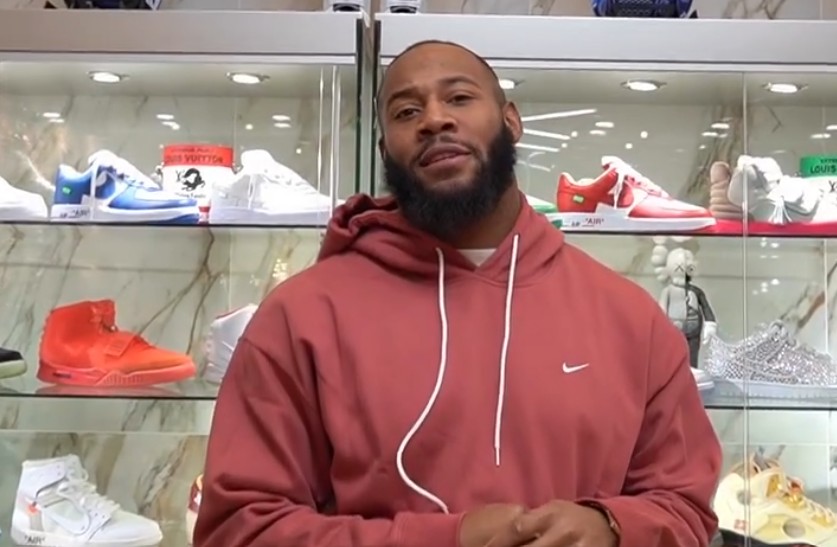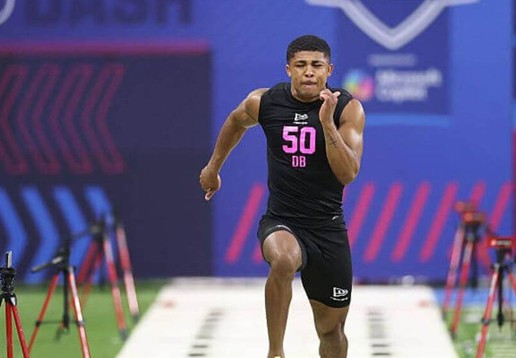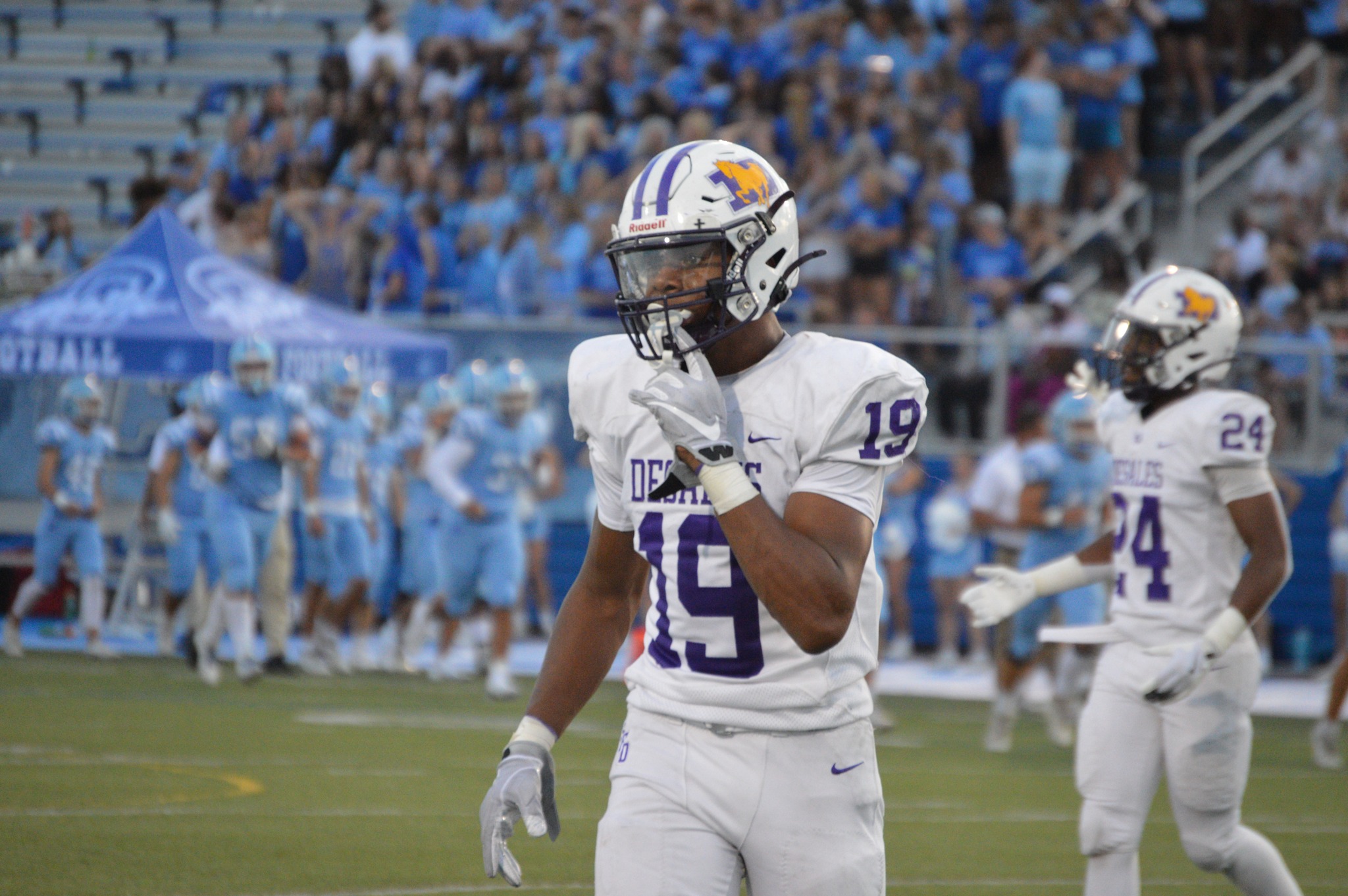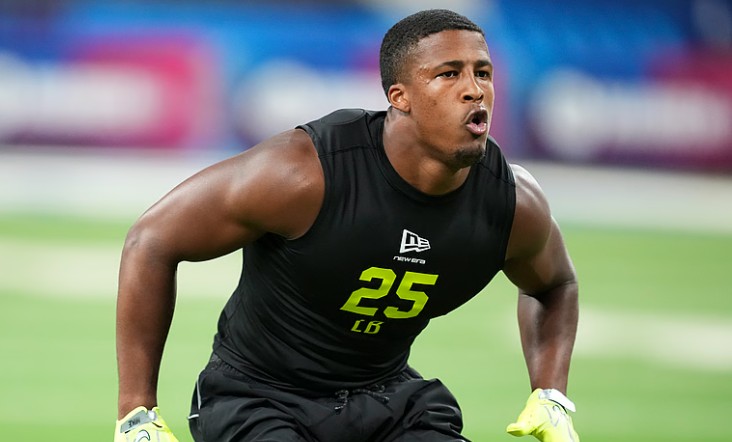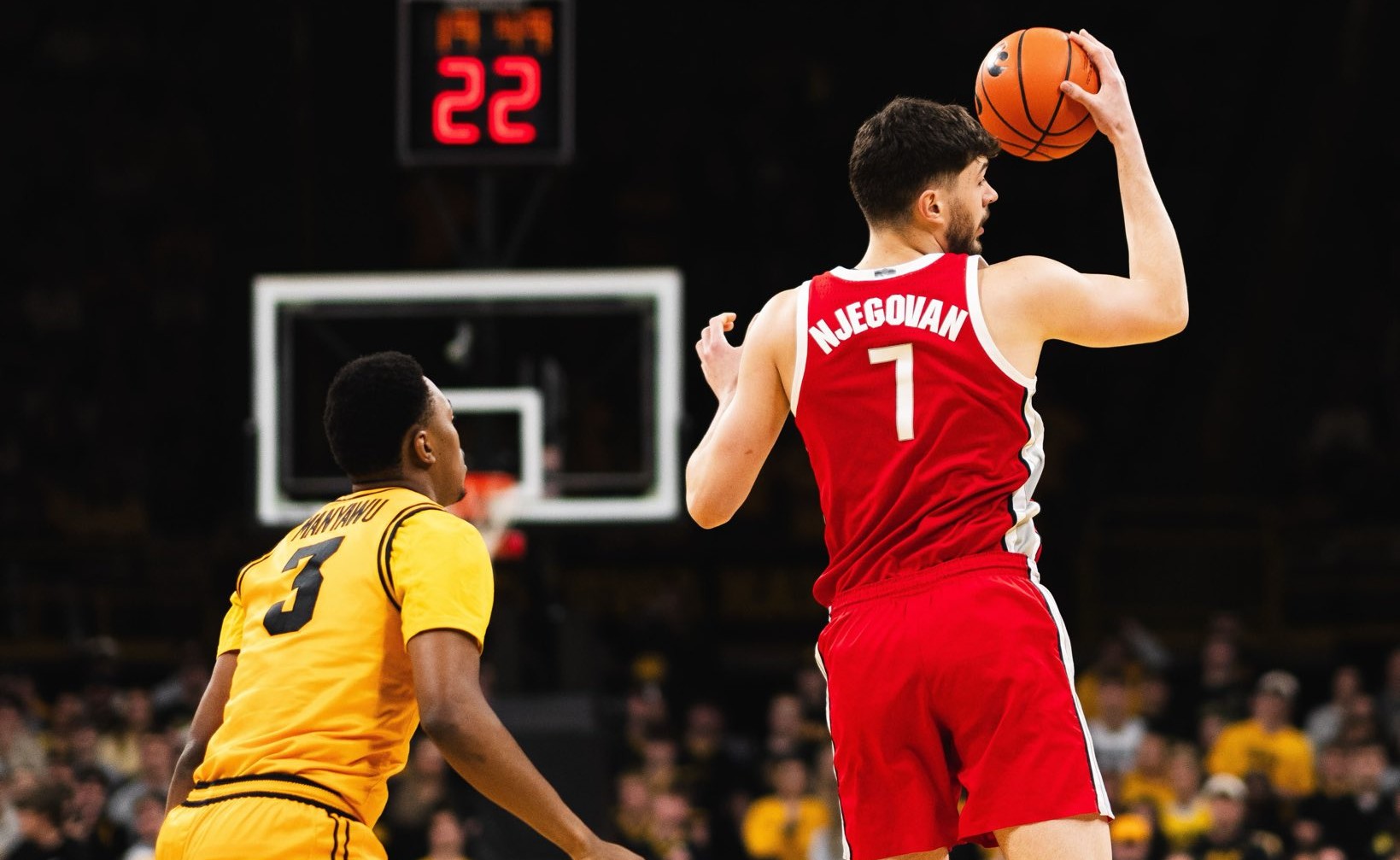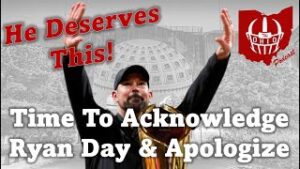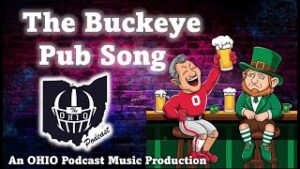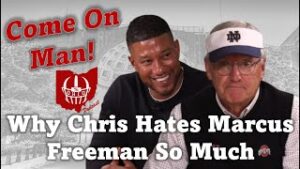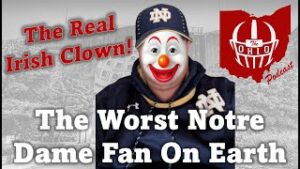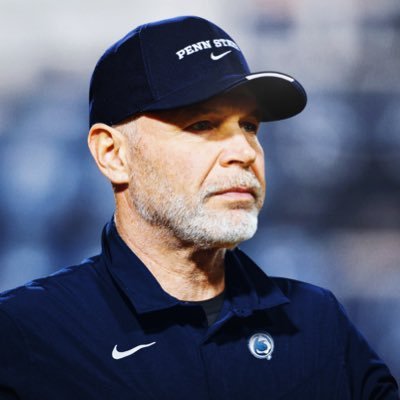
Jim Knowles, the architect of Ohio State’s national championship-caliber defense, shocked the college football world when he left Columbus for Big Ten rival Penn State this offseason. While coaching departures are part of the sport, the way Knowles left — and more importantly, why — has ignited fierce debate among Buckeye Nation and beyond.
In a candid interview with ESPN, Knowles revealed that his decision to pursue other opportunities wasn’t about personal conflict or coaching tension. Instead, it was about timing. Specifically, the timing of a contract extension he expected — and never received — from Ohio State ahead of the Buckeyes’ College Football Playoff National Championship game against Notre Dame.
“I did not want to put anyone, including myself, in a position to have to deal with it immediately following the national championship game,” Knowles said. “If [an extension] had come before, I wouldn’t have explored or considered other options.”
It didn’t. So Knowles did. In fact, just 29 hours after the confetti dropped in Atlanta, Knowles picked up the phone and called Penn State’s James Franklin — not the other way around, as many fans assumed. At 5:06 a.m. on January 22, while Franklin was on a recruiting trip, Knowles reached out to initiate talks. That call set off a wave of interest from several high-profile programs, including Oklahoma and Notre Dame, all eager to hire the coach who had just turned one of the worst Ohio State defenses in decades into the nation’s top unit.
Ohio State eventually did offer an extension that would have made Knowles the highest-paid defensive coordinator in the country at $2.75 million annually. But by then, the moment had passed. Penn State countered with a $3.1 million package, and Knowles — originally from Philadelphia — took it.
There were other factors too. According to Knowles, Ohio State asked him not to attend the team’s championship celebration at Ohio Stadium on January 26. “I hadn’t made any decisions, but you just kind of feel like… it’s gotten awkward,” he said. “Now it becomes something.” That move, whether justified or not, reportedly sealed his decision.

But not everyone is buying Knowles’ version of events — especially Ohio State fans.
On The OHIO Podcast, a Buckeye-centric show known for its passionate following, the response to Knowles’ interview was blistering. The show’s host accused Knowles of prioritizing money over loyalty and called his timing “disrespectful.” According to the podcast, Knowles demanded a raise in the days leading up to the biggest game of the season — something the host described as “low-life” behavior. “You should be getting your defense ready for the national championship, not worrying about how many more millions you’re making,” he said.
The podcast also slammed Knowles for calling out the Ohio State fan base in his ESPN comments, where he noted that even in blowout wins, “somebody somewhere is going to have something to say.” That didn’t sit well with Buckeye Nation. The host defended the fan base’s high expectations by pointing to decades of elite coaching standards, from Woody Hayes to Urban Meyer, saying that Ohio State fans — like all passionate fanbases — have every right to be critical.
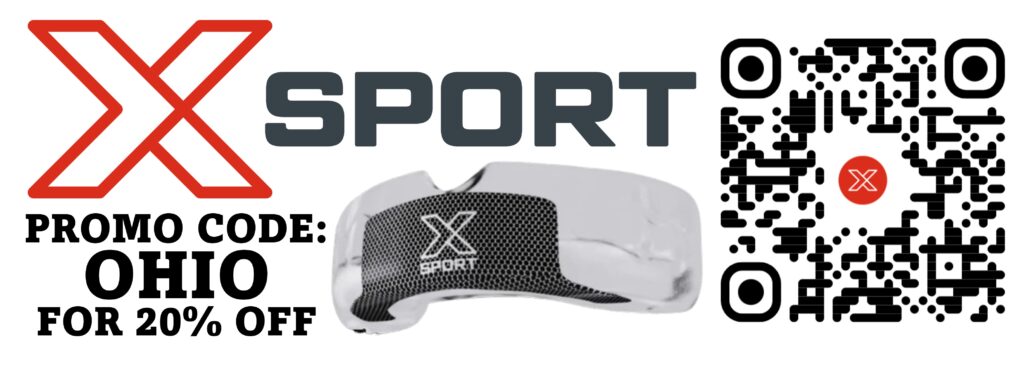
What particularly inflamed tensions was the idea that Knowles painted himself as the victim of fan scrutiny. “Who do you think pays your salary?” the host asked rhetorically. “It’s the fans. No fans, no paycheck. Criticism comes with the job — and it’s the same at Penn State.”
Still, Knowles’ departure wasn’t just about money or criticism. It was a convergence of missed timing, awkward internal dynamics, and a lucrative opportunity that aligned with his roots. And for all the outrage, it’s clear that Knowles’ success at Ohio State made him a hot commodity — and that hurts even more for a fanbase that just celebrated its first national title in nearly a decade.
With Knowles now at Penn State, the calendar is circled for November 1, when the Nittany Lions travel to the Horseshoe in what promises to be one of the most emotionally charged games of the season. Knowles will face his former players, his former boss, and a sea of fans who feel more than just betrayed — they feel blindsided.
